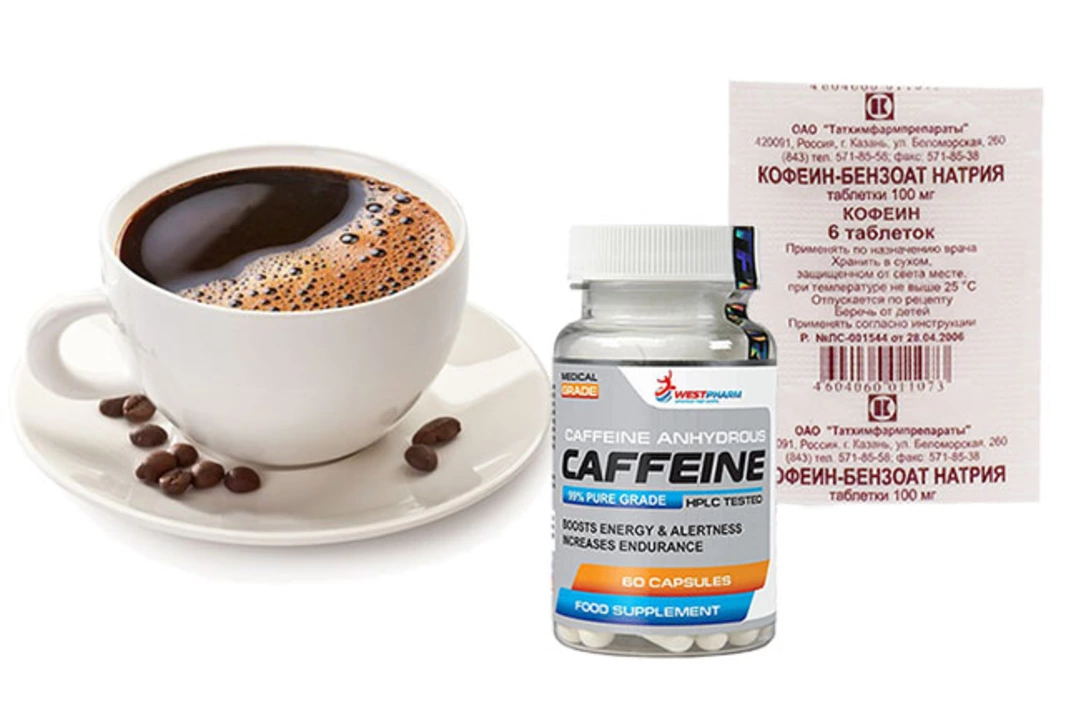Ever felt that queasy churn in your stomach and wondered what to do first? Nausea is annoying but common — it can come from food, motion, pregnancy, migraines, stomach bugs, reflux, or medicines. Knowing the likely cause helps you pick the right quick fix and decide if you need a doctor.
Think about timing. If it started after a meal, spoiled food or overeating might be the culprit. Motion sickness follows travel. Morning nausea often links to pregnancy. Sudden nausea with fever and diarrhea usually means a stomach bug. Some medicines trigger nausea too — examples people often report include Provera, Topamax, irbesartan, certain antibiotics like Amoxil, or antiparasitic drugs. Mixing alcohol with meds also raises the chance of feeling sick.
Other causes include anxiety, strong smells, migraines, and gallbladder or pancreatic problems. If nausea comes with severe belly pain, fainting, high fever, or breathing trouble, treat it as urgent.
Start with small, simple steps: sip clear fluids (water, weak tea, oral rehydration drinks) to avoid dehydration. Eat small bland snacks — crackers, toast, or the BRAT options (bananas, rice, applesauce, toast). Cold, dry foods can be easier to handle than hot or greasy meals.
Ginger and peppermint help many people. Try ginger tea, ginger candies, or peppermint tea. Acupressure wrist bands (pressing the P6 point) work for some, especially for motion sickness or pregnancy nausea. Fresh air, slow deep breaths, and lying propped up — not flat — can ease symptoms.
If you need medication, OTC options include meclizine for motion sickness and dimenhydrinate for short-term relief. Pepto-Bismol can help nausea with mild upset stomach. For stronger nausea tied to chemotherapy, surgery, or severe illness, doctors may prescribe ondansetron or metoclopramide. Don’t mix anti-nausea drugs with alcohol and check interactions if you’re on other prescriptions.
Avoid heavy activity right after eating, strong odors, and greasy or spicy foods. If a specific medicine seems to be the cause, talk to the prescriber — sometimes a dose change, taking the drug with food, or switching to a different drug fixes it.
Call your provider if nausea lasts more than 48 hours, you’re vomiting repeatedly, you can’t keep fluids down, you show signs of dehydration, have bloody vomit or severe abdominal pain, or if nausea follows a head injury. Pregnant people with rapid weight loss or dehydration should get prompt care. If you suspect a medication is causing nausea, don’t stop it suddenly; contact your prescriber for advice.
Simple strategies often do the trick, but trust your instincts. If something feels seriously wrong, get medical help — better safe than sorry.

In my latest blog post, I explored the fascinating connection between nausea, vomiting, and mental health. I discovered that the experience of vomiting can actually lead to feelings of anxiety and depression, creating a vicious cycle of physical and emotional distress. Furthermore, certain mental health conditions, such as eating disorders and anxiety disorders, can also cause or exacerbate nausea and vomiting. As I delved deeper into the topic, I realized the importance of addressing both the physical and psychological aspects of this issue in order to provide comprehensive care and support. Overall, understanding the psychology of vomiting can empower us to better manage our mental health and improve our overall well-being.

In my recent blog post, I discussed the impact of caffeine on nausea and how to find a balance between its consumption and our well-being. I found out that caffeine can sometimes cause or worsen nausea, particularly when consumed in large amounts or on an empty stomach. To find balance, I recommended starting with lower doses of caffeine and paying attention to how our bodies respond to it. I also suggested consuming caffeine alongside food or trying alternatives like decaf or herbal teas. By being mindful of our caffeine intake, we can still enjoy its benefits without triggering nausea.
